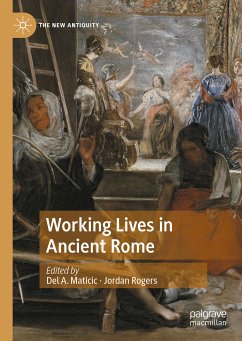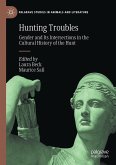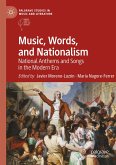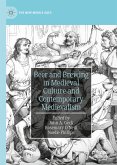Del A. Maticic received his PhD in Classics from NYU, USA and is currently the Blegen Research Fellow at Vassar College. His research concerns Roman literature and culture, with a special focus on problems of nature, agency, and materiality.
Jordan Rogers received his Ph.D. in Ancient History from the University of Pennsylvania, USA, and is currently an Assistant Professor in the Department of History at North Carolina State University. His research concerns Roman social and cultural history, especially the sociology of small communities in urban environments.
Dieser Download kann aus rechtlichen Gründen nur mit Rechnungsadresse in A, B, BG, CY, CZ, D, DK, EW, E, FIN, F, GR, HR, H, IRL, I, LT, L, LR, M, NL, PL, P, R, S, SLO, SK ausgeliefert werden.
Hinweis: Dieser Artikel kann nur an eine deutsche Lieferadresse ausgeliefert werden.









